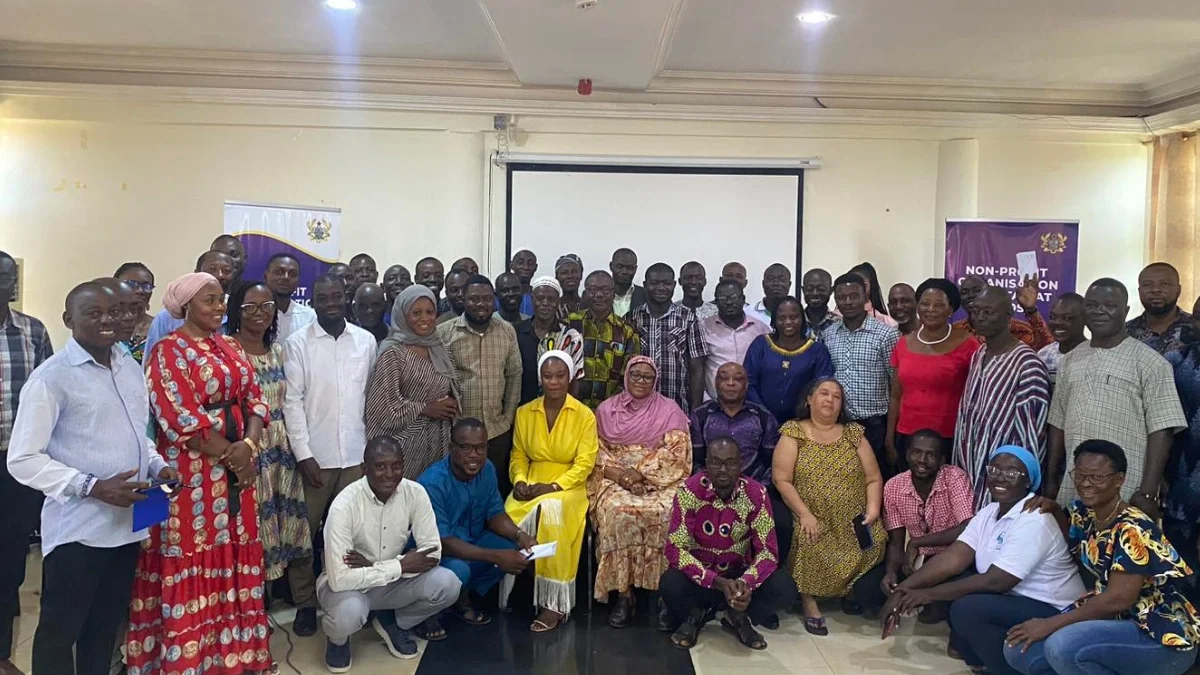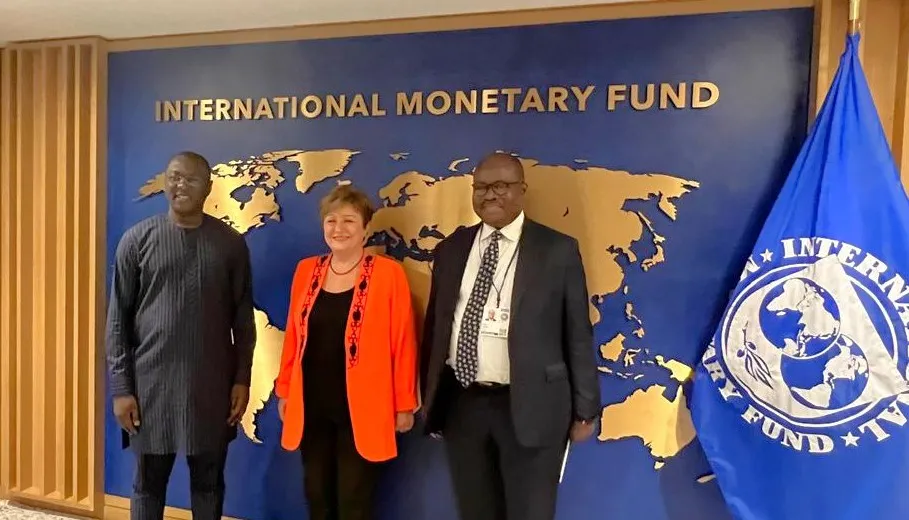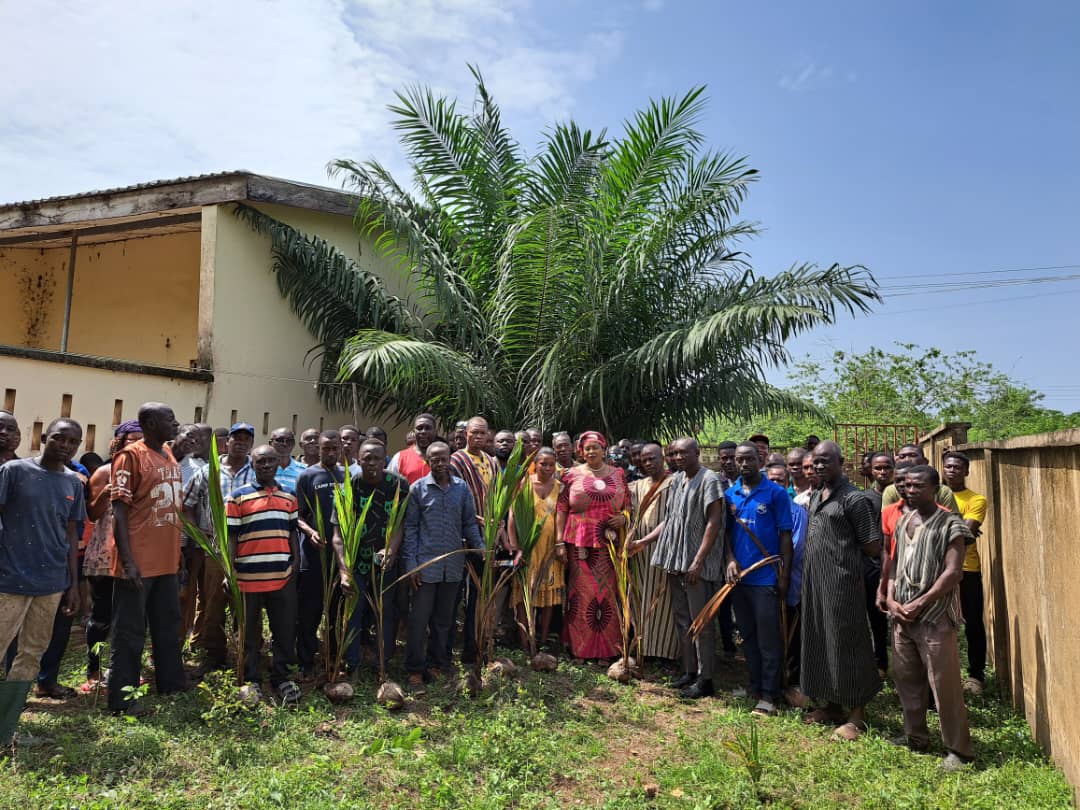Civil Society Organizations (CSOs) have chosen to boycott the Nonprofit Organizations (NPO) Draft Bill Validation Workshop organized by the NPO Secretariat in Koforidua.
Their decision is based on concerns regarding restrictive provisions within the draft bill that could potentially stifle their operations.
The CSOs have identified multiple provisions in the draft bill that they believe should be streamlined.
They argue that these provisions might limit their ability to effectively advocate for social and economic transformation and address critical issues affecting Ghanaians.
Representatives from various non-governmental organizations expressed their dissatisfaction with the current state and nature of the bill. Their boycott underlines ongoing tensions between CSOs and the government.
Mr. Raphael Godlove Ahenu, Executive Director of the Global Media Alliance, emphasized the need to rationalize the draft bill to protect the autonomy of CSOs and preserve their active role in promoting core democratic principles and advancing development.
The draft bill aims to amend the existing NPO Act, 1997 (Act 71 of 1997), introducing a requirement for non-governmental organizations to renew their licenses annually.
Mr. Ahenu voiced concerns about the shrinking civil society space in the country. He pointed out that the many groups constantly pressing the government regarding growing corruption reports could potentially be stifled by the bill.
He highlighted the risk that, if the government passes the bill into law, organizations opposing the government's actions could face challenges, as they would need to renew their licenses annually.
The boycotted workshop was attended by numerous NPOs and CSO representatives from the Volta, Oti, Accra, and Eastern regions comprising Southern Zone Two.
After discussions with the NPO secretariat, the participants requested more time to review the bill's provisions for clarification when they realized that several aspects were unfavorable to their operations.
Despite pleas to continue with the workshop, the attendees firmly expressed their opposition, particularly concerning a clause indicating that “The President shall appoint the chairperson and members of the Board in compliance with Article 70 of the Constitution, and the Board shall be responsible for ensuring that the Commission's duties are carried out effectively and efficiently.”
Another point of contention was the requirement for non-profit organizations to select five members from the sector, a demand that led to the participants refusing to proceed with the meeting.
Mr. Ahenu questioned the fairness of the selection process, especially when dealing with a sector that includes many politicians, wondering how the process could allow grassroots organizations to champion the cause of others.
While Mr. Ahenu acknowledged the appropriateness of having five NGO representatives, he expressed discomfort with the process leading to their selection, which could lead to the exclusion of smaller organizations.
Moreover, he drew attention to the requirements organizations must meet before the NPO secretariat grants them a license to function as a non-profit entity.
These requirements could pose challenges, particularly for community-based organizations.
Mr. Samuel Dodoo, Executive Director of Media Response Ghana, voiced his concerns about the government's perception of non-governmental organizations and their role in conducting real-time research and disseminating information on actual economic events to the public.
He highlighted that many provisions in the bill have the potential to stifle vibrant civil society organizations like the Centre for Democratic Development Ghana and the Institute of Democratic Governance, which play significant roles in advocating for democratic principles and advancing societal development.
The NPO Secretariat is a state-owned entity established under NPO Policy 2020 and NPO Directives 2020. It has taken over the registration function of the Department of Social Welfare and is responsible for regulating and empowering Ghana's non-profit sector.









